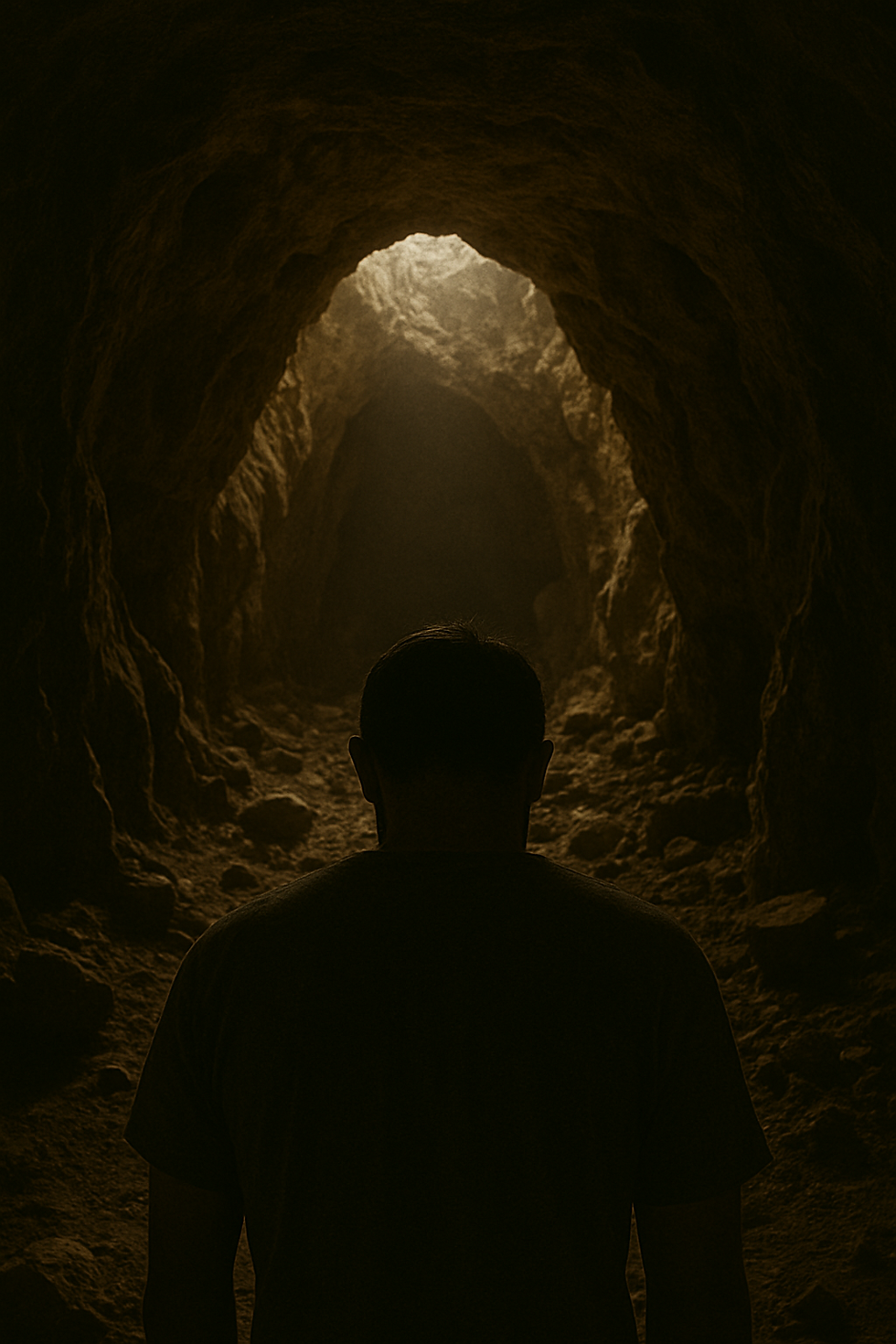Health Hacks to Be a High Performing Coach
- Jack Fleming
- May 10, 2021
- 4 min read
The following are my notes from my presentation on the Coaching Clinic Summit, if you have any interest there are plenty of brilliant presentations still going on in the link below.

Coaches Biggest Health Challenges
Messed up sleep patterns from late night games or film.
Eating on the move.
Stimulation and adrenaline overload.
Stress.
Work obsession.
Why is Our Health Important?
We are decision making machines, and the brain is our tool for those decisions. If we don't take care or even more try to optimise it, our skill set will diminish.
The following venn diagram gives us a good aim, the sweet spot of a combining hard work and good judgement.

We over glorify hard work and undervalue good judgement, where it requires both to be a high performing coach.
Traits of a High Performer
High Stress
High Recovery
David Goggins gets all the credit for his ultra marathons and hell weeks, the ultimate high stress. Be he also stretches for 2-3 hours every night and spends a lot of quiet time alone in his own space.
Kenyan runners go hard in the mornings before the sun comes up, but then often sleep 12-16 hours a day.

As the coach we often think we can simply burn the candle at both ends, but our brain needs recovery too.
Systems to Build
"Goals are good for setting a direction, but systems are best for making progress. A handful of problems arise when you spend too much time thinking about your goals and not enough time designing your systems." - James Clear, Atomic Habits
Focus System
Sleep System
Learning System
Stress Management System
What is your Focus System?
Bucket System: certain big tasks on certain days to create comfort and routines.
eg. film on Mondays, writing on Tuesdays, learning on Wednesdays etc.
Pomodoro Technique: work in 25 minute sprints, 5 minutes off. Deep focus with no distractions.
Notifications OFF, do ONE THING AT A TIME.
Maker in the morning, do your creative work that requires cognitive effort. Manager in the afternoons - phone calls, e-mails, meetings etc.
Control Your Environment
Benjamin Hardy's book Willpower Doesn't Work talks about the value of context switching - a Harvard study demonstrate that our brain operates at a higher rate with more novelty. By doing different tasks in different environments we create anchors in our brain to complete our best work.

Maybe you do all your reading in a certain chair in your house, then all your work related stuff in your study and your hobbies in the living room.
What is Your Sleep System?
While it would be easy to over look the power of sleep, it is the biggest super power we have as coaches to refuel our energy, brain and memory. Why We Sleep by Matthew Walker is probably the best, most in depth sleep book I have read for those looking for a deep dive.

Sleep Ideas
15 minutes of sunlight in the morning - helps set your circadian rhythm by getting sunlight in the eyes which are connected to the brain to help control melatonin production.
Limited caffeine after 12pm - has half life of approximately 5 hours. 60mg of caffeine in an espresso shot, 30mg still in your system after 5 hours. Caffeine acts as an adenosine receptor agonist, more neural activity and less chemicals binding with receptors that make us tired.
Blue Blocking Glasses - 90 minutes before bed.
Sleep mask and ear plugs, especially when you travel.
Fan on - keep room cool from 16-18 degrees celsius.
Aim for a consistent sleep/wake time - where possible. Could be the most powerful tip of them all.
What Gets Measured Gets Managed - Sleep Tracking Devices
Oura Ring
WHOOP Strap
Sleep Cycle App (free)
What is Your Learning System?
Feedly.com - keeps all your blogs and article reading places in a single spot.
2x Speed - use on podcasts and audio then slow down on the important parts.
Have idea documents - Evernote to organise.
Produce, produce, produce - best way to learn is teach.
Know Your Chronobiology
Based upon The Power of When by clinical psychologist Michael Breus - helps you work with your body to be most efficient. Best time to exercise, work, have meetings, have caffeine etc.

What is Your Stress Management System?
Ideas
Breathwork - helps with control of the autonomic system, dictates whether we are in 'fight or flight' or 'rest and digest' states. Can provide an instantaneous change in the body just from manipulating the breath.
Organising and scheduling fun in your life.
Cold exposure - cold shower, ice bath, cryotherapy etc.
Walking
Exercise
Hobbies
The Power of Walking - The Great Decision Makers All Walk
Steve Jobs, Ulysses S Grant, Freud, Nietzche were all known for their walking routines.
Sometimes you have to do move to be still, to be fully present with the ground underneath your feet. Breath in, breathe out. Think of the great things ahead for you or meditate on your common mortality.
Ernest Hemingway would take a long walk when stuck on his writing, Charles Darwin was known for multiple walks within a day to work on problems. Nikola Tesla came up with many inventions that changed the course of his generation while on long walks.
Take a walk, I am a big believer in the power of multiple 10 minute walks within a day to clear the mind.

Game Day Hacks
2-3 10 minute technology free walks
30 seconds of cold shower at the end on game day.
Breathwork
L-Theanine with coffee - creates smooth calm focus.
Allocate your decision budget for that day - do not waste energy deciding on times for team meetings, who will drive, what you'll eat etc. Plan in advance.
Final Advice
“If people don’t think you’re a bit weird, you’re probably not taking enough risks.” - George Mack






Comments